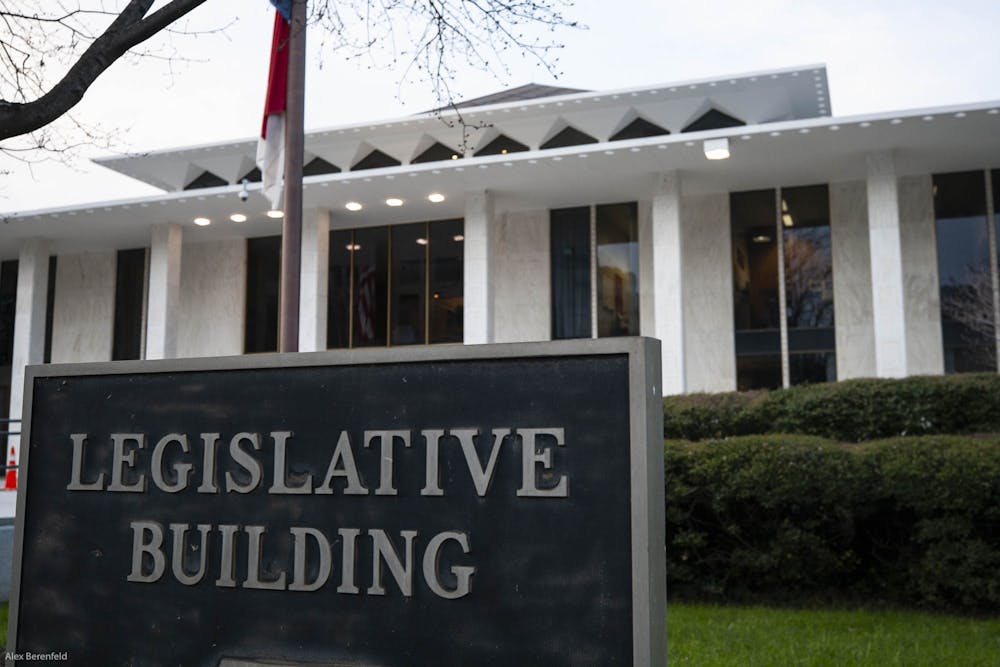When House Bill 76 passed in March, North Carolina became the 40th state to pass a bill on Medicaid expansion.
The bill had strong bipartisan support in both the state Senate and House with only two voting against the bill in the Senate and 24 voting against it in the House.
“Medicaid expansion really is a bipartisan effort at this point,” Nicole Dozier, the director of the North Carolina Justice Center's Health Advocacy Project, said.
She said the NC Justice Center advocated for Medicaid expansion this year through thousands of letters and emails to the General Assembly. Dozier said those letters were even shown as evidence of public support when the bill was introduced earlier this year.
Medicaid expansion was delayed when the N.C. General Assembly failed to pass a budget until September, since the actual implementation of Medicaid expansion was contingent on a budget being passed. One reason for the delay of the budget was the addition of casinos to the budget.
When leaders eventually decided against adding casinos to the N.C. budget, Medicaid expansion was passed with the budget on Sept. 22. As a result of the delayed budget, Medicaid expansion in North Carolina began on Dec. 1 instead of Oct. 1.
“I'm just happy at long last we have Medicaid expansion and that folks now have access to the kind of care they need to keep living their lives,” N.C. Rep. Allen Buansi (D-Orange) said.
During the months in between the state budget passing and the enactment of Medicaid expansion, many were left in a coverage gap. The enactment of Medicaid expansion on Dec. 1 is predicted to help about 600,000 North Carolinians in that gap, Buansi said.
Nearly 300,000 people on the limited family planning Medicaid were automatically moved to full Medicaid coverage on Dec. 1 without having to apply again. Buansi also said this expansion would also help the economy by adding about 43,000 jobs to North Carolina.




